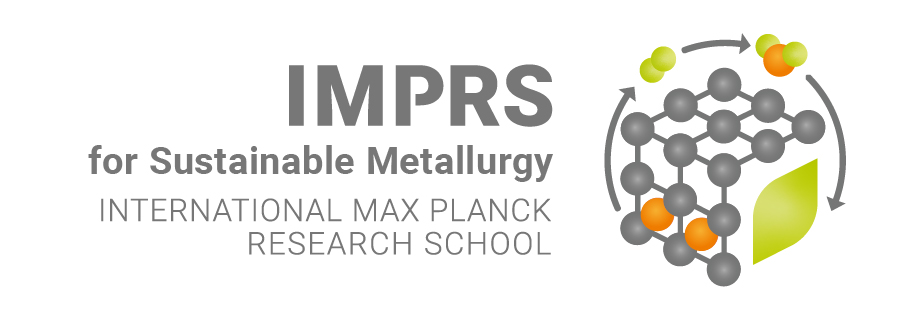 Closing metal loops sustainably - opportunities & challenges for a successful circular economy
Closing metal loops sustainably - opportunities & challenges for a successful circular economy
Speaker: Dr. Christian Hagelüken
Host: on invitation of Prof. Dierk Raabe
Abstract
Metals play a key enabling role as well for climate protection technologies such as electro mobility, the hydrogen economy, solar and wind power plants, and also for digitalization and electronic products. Accordingly, it is necessary to make their use along the entire metals and products lifecycle much more resource-efficient than before. Closed metal cycles contribute to this by securing relevant parts of the raw material supply for high-tech products and by reducing CO2-emissions in their production at the same time.
Circular economy (CE) has therefore rightfully become an important topic for industrial policy and economic strategies. Recycling, i.e., the continued loop-closing by physically (re)using recycled materials within the economy, is one of the leverage points together with other CE strategies such as longevity, intensity of use, and a sharing economy. In order to evaluate the contribution of recycling to sustainable resource use and climate protection, it is necessary to clearly define the system under investigation including the system boundaries, and to derive target-compliant definitions, calculation approaches, and indicators to verify the contribution of recycling to such overarching targets. Furthermore, an understanding of the opportunities and limitations of recycling and CE to achieve environmental, economic, and socio-economic goals is required.
The lecture focuses in particular on the recycling of metals. Interacting steps in logistics and multistage treatment processes by mechanical and chemical-metallurgical unit operations are challenging but will give a competitive advantage for networks of industry and science that are able to handle that. In this context, high-quality recycling of complex products means the economically viable recovery of many relevant metals and materials with high yields, in marketable quality and in compliance with high environmental and social standards. We will explore the fundamentals of metals recycling and have as well a critical view on sometimes too simplistic CE approaches, which in practise do not fit the purpose. In conclusion, setting up a true circular economy for metal containing products requires fundamental changes in the way we develop, design, produce, distribute, use & recycle products.

Dr. Christian Hagelüken has worked for 35 years in the chemicals and metals industry, focussing on metals recycling, sustainable metals management and circular economy. Until his retirement in August 2023, he served as Director EU Government Affairs at Umicore. From 2003-2011 he was head of Business Development in Umicore’s Precious Metals Refining unit. Before, he held various management positions in the precious metals department of Degussa AG where he started his professional career in 1989.
Christian represented Umicore in policy initiatives, associations, expert groups and research collaborations, including the EU Raw Materials Initiative, the BDI Raw Materials Committee, the Circular Economy Initiative Germany, and the BatteryPass Project. In 2021, he was appointed to the Resources Commission of the Federal Environment Agency.
He continues to provide lectures and advise to various institutions, among others with a teaching assignment at Leuphana University, as member of the BMBF Battery Research Advisory Board, and as chairman of the Board of Trustees of the Fraunhofer Research Institution for Materials Recycling and Resource Strategies IWKS.
Christian holds university degrees in mining engineering and industrial engineering from RWTH Aachen, Germany, where he also received his Ph.D.

